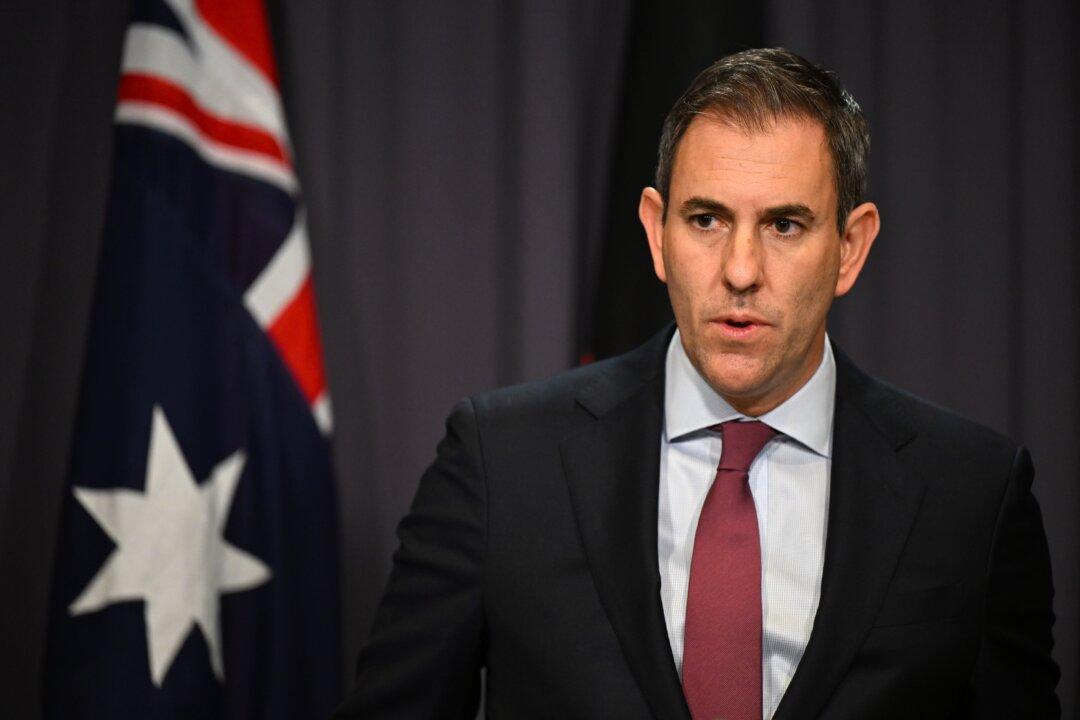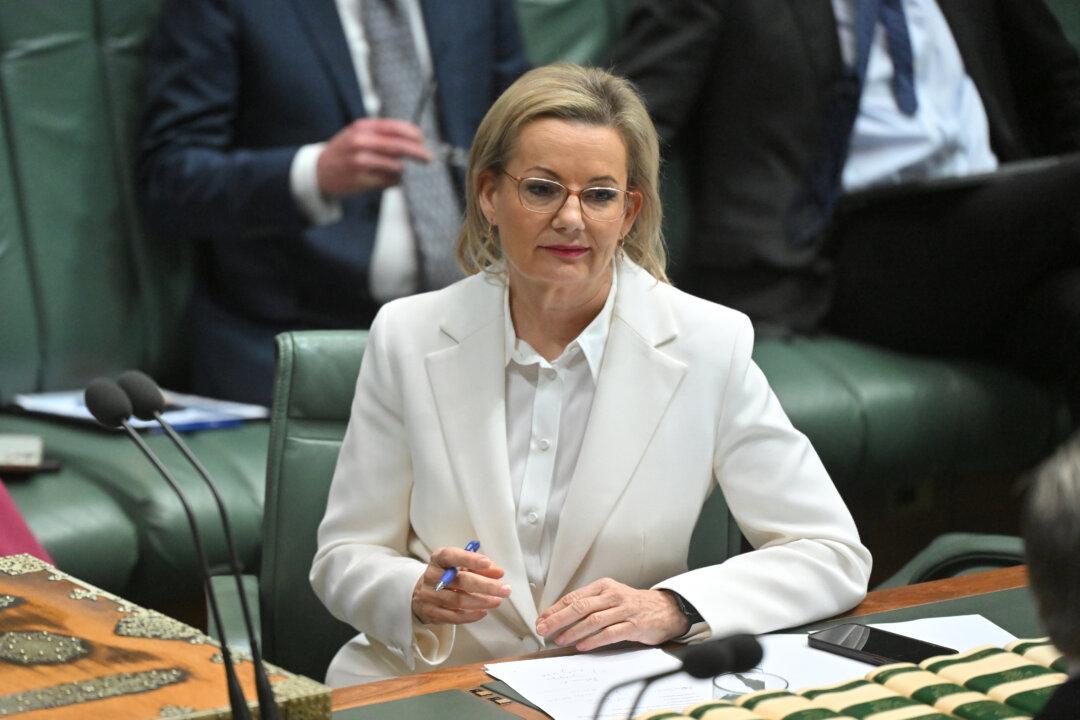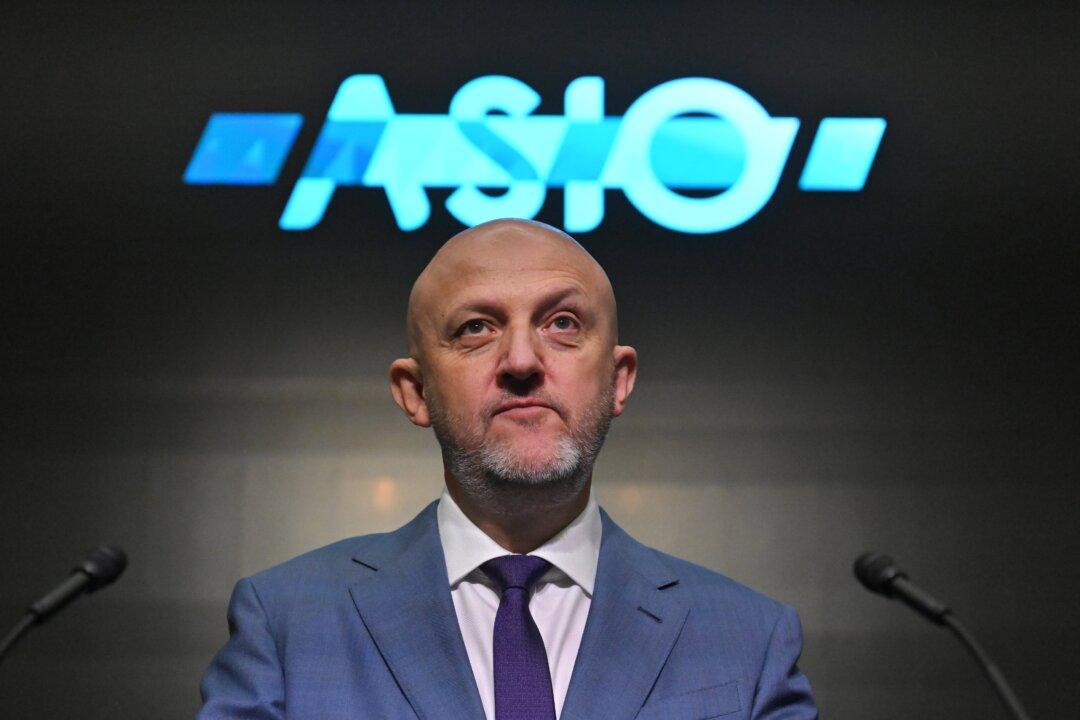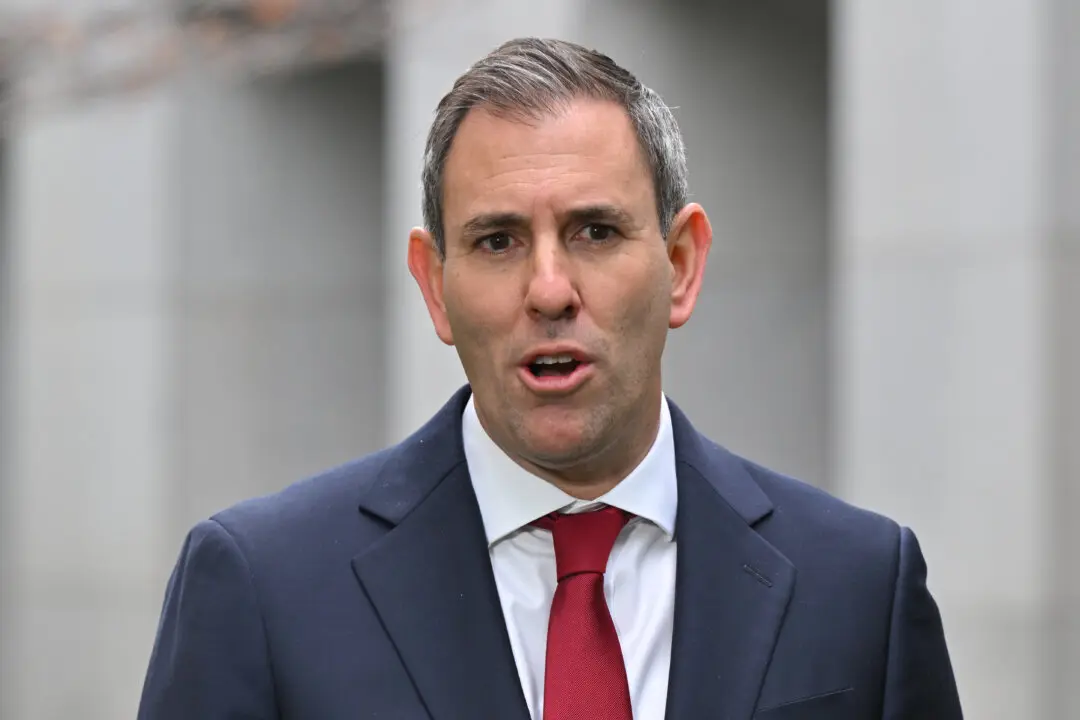The Albanese government’s decision to turn to the Future Fund to tackle the housing and climate crisis dominated Question Time in Parliament on Nov.21.
In his announcement, Treasurer Jim Chalmers said the Fund would be directed to invest in housing, infrastructure, and the green energy transition, but only where it can generate returns.





